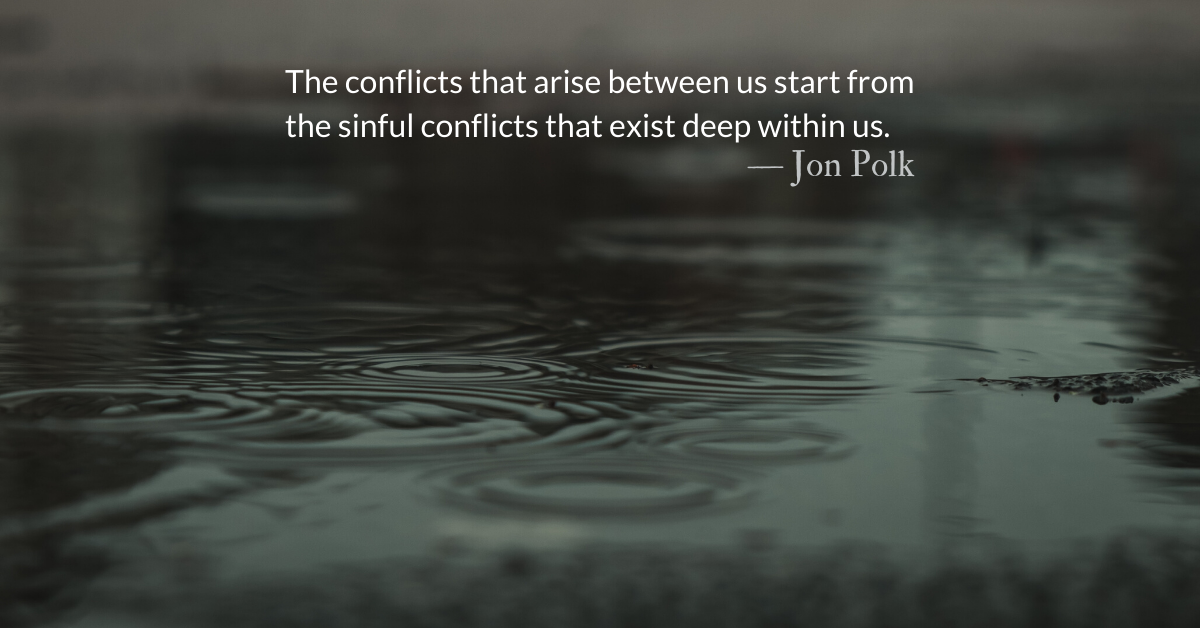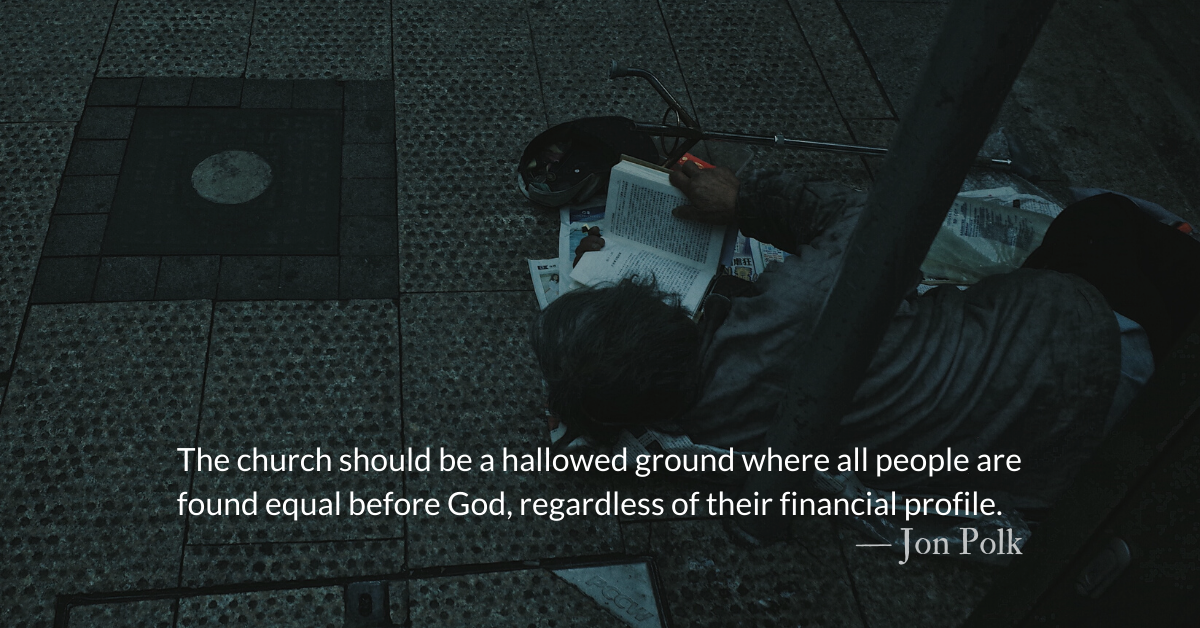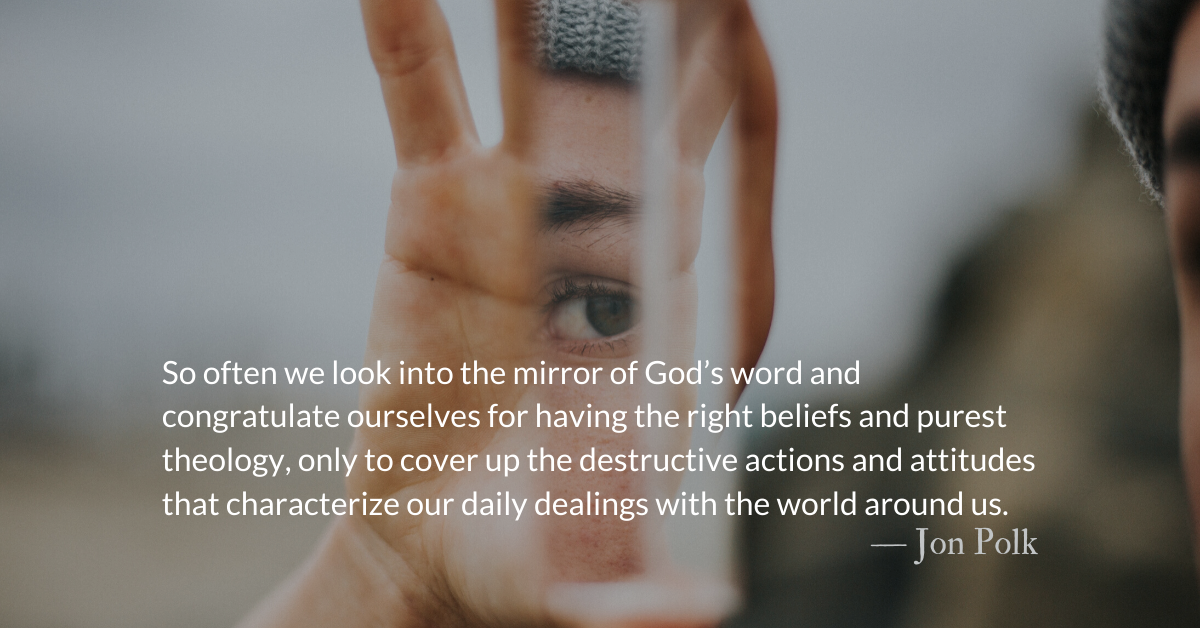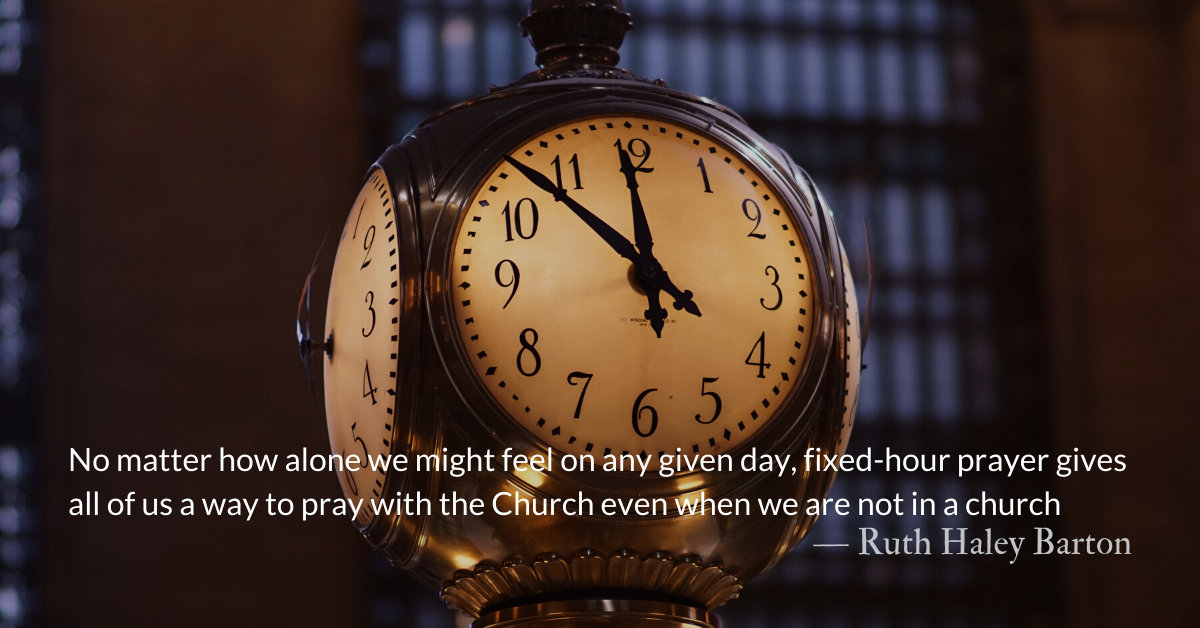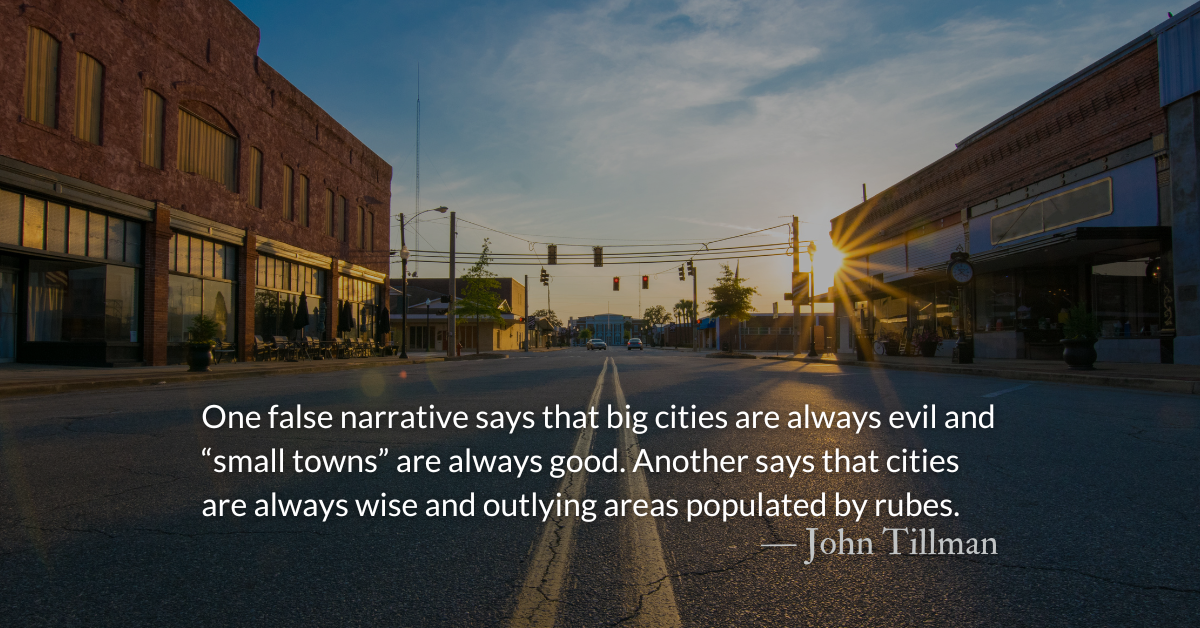Scripture Focus: James 4:1-2a
What causes fights and quarrels among you? Don’t they come from your desires that battle within you? You desire but do not have, so you kill. You covet but you cannot get what you want, so you quarrel and fight.
Reflection: Mind Your Manners
By Jon Polk
Outraged by people who keep cutting in front of him to use the pay phone at a Chinese restaurant, TV’s Seinfeld character George Costanza loudly proclaims to no one in particular, “You know, we’re living in a society! We’re supposed to act in a civilized way.”
Even neurotic, self-absorbed, slacker George gets it.
James focuses his attention on the conflicts and quarrels that apparently plagued the early church in Jerusalem, where he was the leader. He pointedly announces the source of the discord: selfishness and greed.
James proclaims this is the root problem behind all of our disagreements, “You covet but you cannot get what you want, so you quarrel and fight.”
We live in a culture driven by marketing and promotion. Children want the trendiest clothing. Teens desire the newest tech devices. Adults fight for the best job in order to drive the ultimate car and live in the biggest house.
We live in a culture driven by outrage and offense. A word misspoken can set us off. The tiniest misstep can result in a cavalcade of online abuse. We want our rights protected regardless of the impact it may have on others.
We want to be right and we want others to know we are right. We want to get what we desire and we want others to provide it for us. We want our world to work on our terms and provide for our needs.
We’re selfish creatures. James is right in stating that the conflicts that arise between us start from the sinful conflicts that exist deep within us.
One of the most famous presidential quotes in US history is from John F. Kennedy’s inaugural address in 1961, “Ask not what your country can do for you; ask what you can do for your country.” Regardless of political preference, we understand the selfless sentiment that Kennedy expressed during an anxious time in US history.
Too often in life, business, politics, and society, selfishness and it’s cousin greed reign supreme rather than the Christ-like virtues of selflessness and generosity.
According to James, the antidote for our selfish desires is found in humility and submitting ourselves to God. (4:6-10) Living together in a civil society requires that we exorcise the demons of selfishness and greed that often motivate our behaviors. We cannot live as double-minded people, attempting to both serve God and satisfy our own cravings.
Instead… ask not what your God can do for you. Ask what you can do for your God.
From John:
I offer a deep, heartfelt thank you to Jon for this series on James. It was not only insightful but came at a time at which a significant break from writing was needed. Thanks for taking on the challenge! May we prepare our hearts to give thanks this next week of Thanksgiving in the US, and may we all look forward to the soon-coming first week of Advent. Come, Lord Jesus. Amen.
Divine Hours Prayer: The Refrain for the Morning Lessons
Mercy and truth have met together; righteousness and peace have kissed each other.—Psalm 85:10
– From The Divine Hours: Prayers for Autumn and Wintertime by Phyllis Tickle.
Today’s Readings
1 Chr 17 (Listen -4:14)
James 4 (Listen -2:25)
This Weekend’s Readings
1 Chr 18 (Listen -2:36), James 5 (Listen -3:01)
1 Chr 19-20 (Listen -5:02), 1 Peter 1 (Listen -3:53)
Thank You!
Thank you to our donors who support our readers by making it possible to continue The Park Forum devotionals. This year, The Park Forum audiences opened 200,000 emails with free, and ad-free, devotional content. Follow this link to join our donors with a one-time or a monthly gift.
Read more about Greed and Envy
It is in Christ that we will find the compassion to overcome our cynicism and the generosity of spirit to overcome our jealousy and greed.
Read more about A Christian Response to Offense
Our culture is unable to bear offense and simultaneously unable to bear forgiveness.

